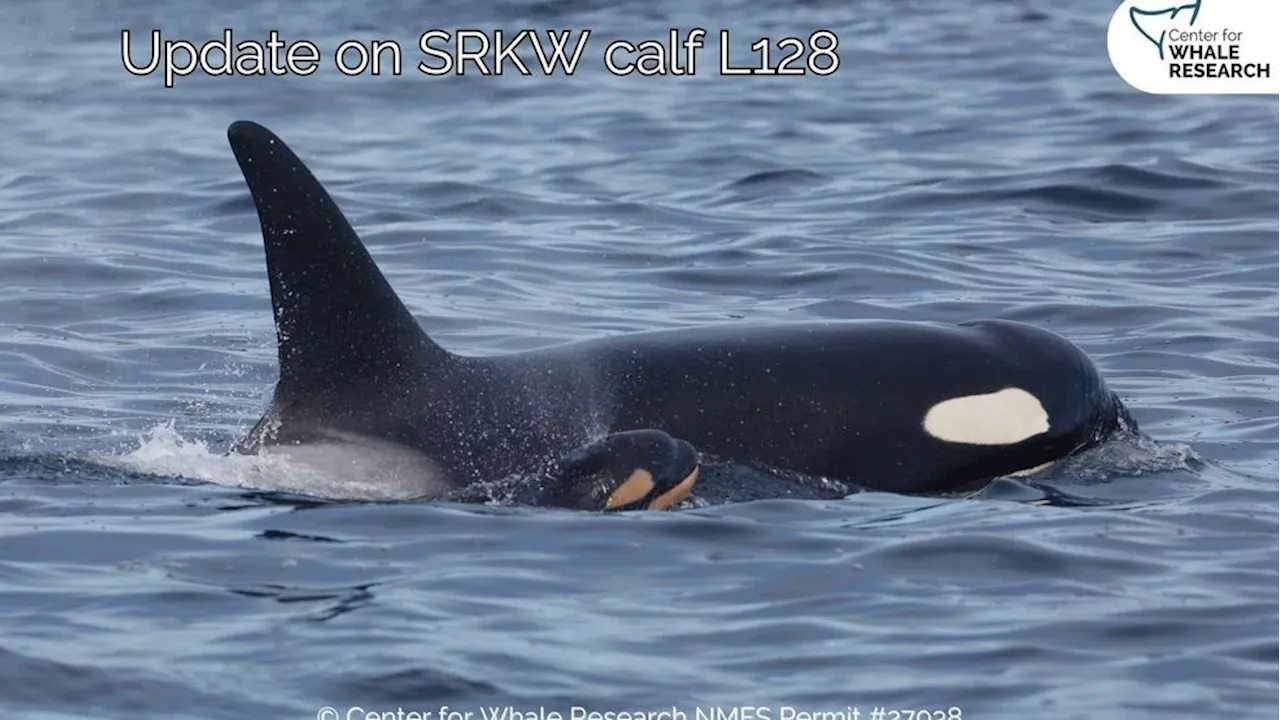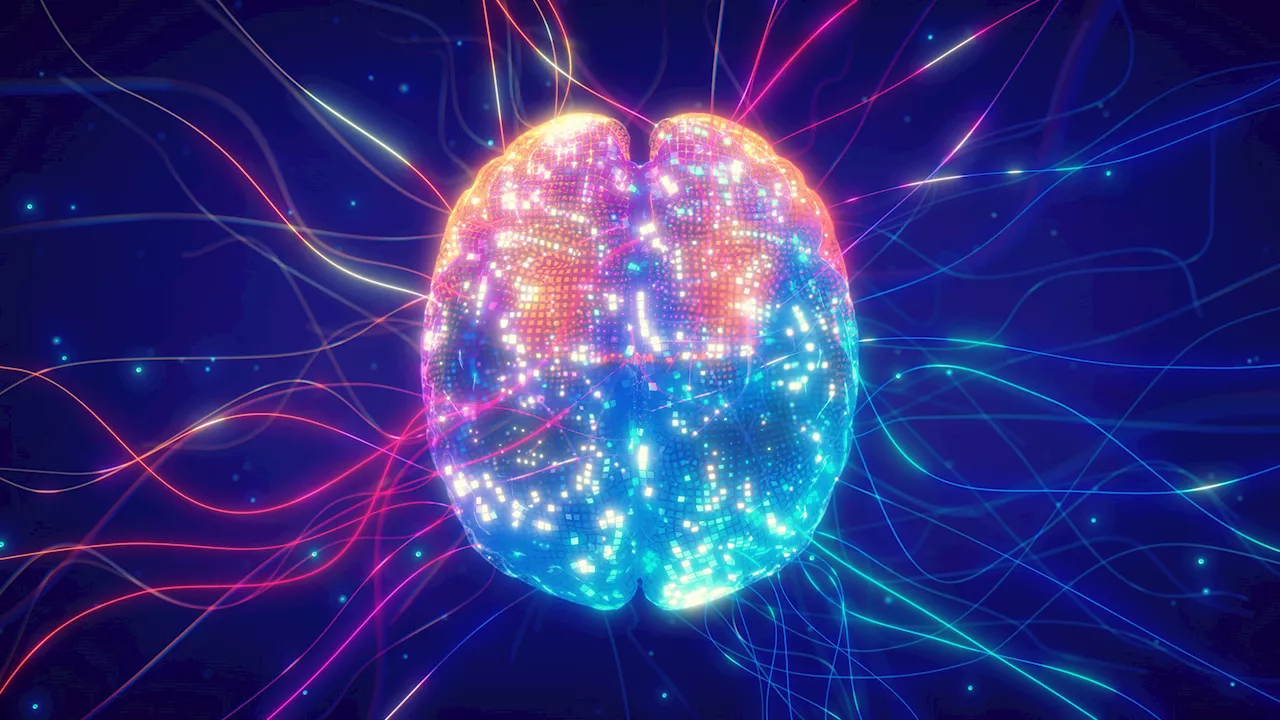New research has finally helped us understand how the brain stores long-term memories, and it's all connected to molecular interactions.
A group of researchers made a significant breakthrough regarding our understanding of how the brain stores long-term memories. According to a new paper published in Science Advances, there appears to actually be a molecule that acts as a “glue” to hold the enzyme most vital for strengthening the synaptic connections responsible for memory storage. The enzyme in question is known as PKMζ, or kinase Mzeta, and the “glue” responsible for anchoring it in place is known as KIBRA.
However, the molecules and proteins in those synapses become unstable and degrade after just a few days. So, how exactly do we hold onto memories for such a long time? The X-ray of the human brain closeup image Scientists have believed that interactions between certain molecules could be the key to how the brain stores long-term memories. But, they’d never figured out exactly how those puzzle pieces come together. Ultimately, some researchers like Todd C.
United States Latest News, United States Headlines
Similar News:You can also read news stories similar to this one that we have collected from other news sources.
 Researchers discover new bacterium that causes gut immunodeficiencyResearchers have discovered a new bacterium that weakens the immune system in the gut, potentially contributing to certain inflammatory and infectious gut diseases. The team identified the bacterium, Tomasiella immunophila (T.
Researchers discover new bacterium that causes gut immunodeficiencyResearchers have discovered a new bacterium that weakens the immune system in the gut, potentially contributing to certain inflammatory and infectious gut diseases. The team identified the bacterium, Tomasiella immunophila (T.
Read more »
 Researchers Identify Two New Preventable Risk Factors for DementiaTreating vision loss and lowering cholesterol could help reduce the risk of dementia, according to a new report.
Researchers Identify Two New Preventable Risk Factors for DementiaTreating vision loss and lowering cholesterol could help reduce the risk of dementia, according to a new report.
Read more »
 Researchers confront new US and global challenges in vaccinations of adultsOver the past decade, decreasing vaccination rates now threaten the huge beneficial impacts of vaccinations in the U.S. and globally. Researchers discuss the multifactorial barriers including increasing vaccine hesitancy and new clinical and public health challenges in vaccinations of U.S. adults.
Researchers confront new US and global challenges in vaccinations of adultsOver the past decade, decreasing vaccination rates now threaten the huge beneficial impacts of vaccinations in the U.S. and globally. Researchers discuss the multifactorial barriers including increasing vaccine hesitancy and new clinical and public health challenges in vaccinations of U.S. adults.
Read more »
 Researchers discover new insights into bacterial photosynthesisResearchers have discovered new understanding of bacterial photosynthesis. Using cutting-edge techniques, investigators have unveiled intricate detailed images of the key photosynthetic protein complexes of purple bacteria. These images shed new light on how these microorganisms harness solar energy.
Researchers discover new insights into bacterial photosynthesisResearchers have discovered new understanding of bacterial photosynthesis. Using cutting-edge techniques, investigators have unveiled intricate detailed images of the key photosynthetic protein complexes of purple bacteria. These images shed new light on how these microorganisms harness solar energy.
Read more »
 US researchers’ new tool to optimize ocean-based hydrokinetic energy projectsResearchers at NC State developed a tool to enhance marine hydrokinetic energy projects, aiding in technology and risk assessment.
US researchers’ new tool to optimize ocean-based hydrokinetic energy projectsResearchers at NC State developed a tool to enhance marine hydrokinetic energy projects, aiding in technology and risk assessment.
Read more »
 Researchers concerned after new orca calf observed skinny and struggling to breatheResearchers are concerned about the new orca whale calf born last month, describing it as 'emaciated.'
Researchers concerned after new orca calf observed skinny and struggling to breatheResearchers are concerned about the new orca whale calf born last month, describing it as 'emaciated.'
Read more »
